
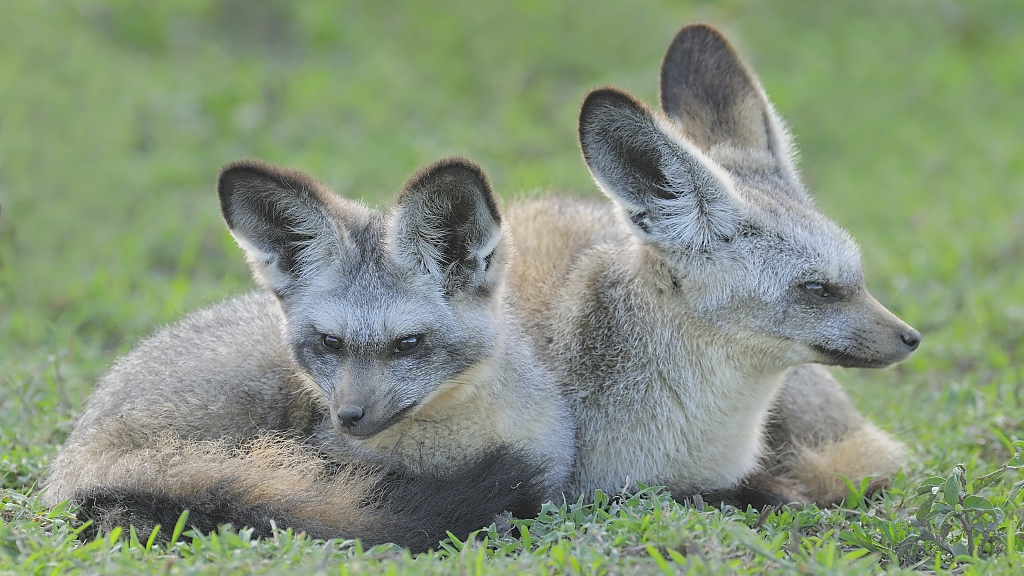
The bat-eared fox is named for its large ears, which are used for thermoregulation. /VCG Photo
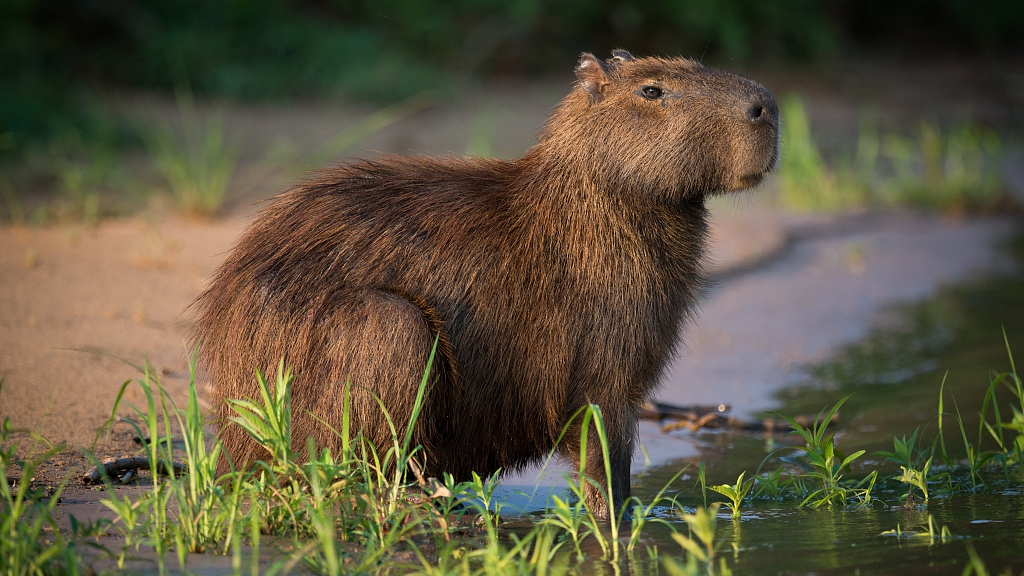
The capybara is the largest of the rodent species. /VCG Photo
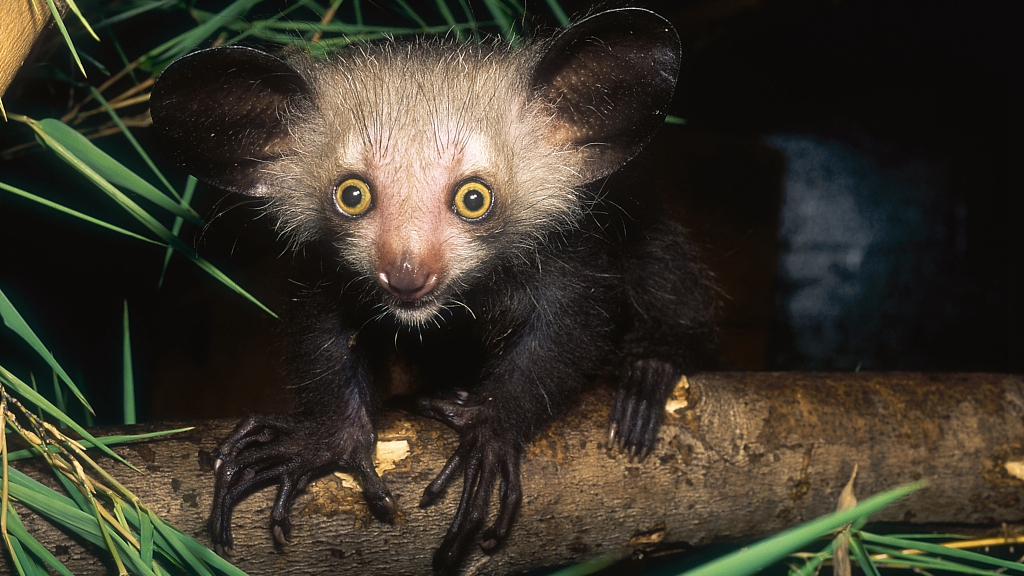
The aye-aye is the only primate that hunts with echolocation. /VCG Photo
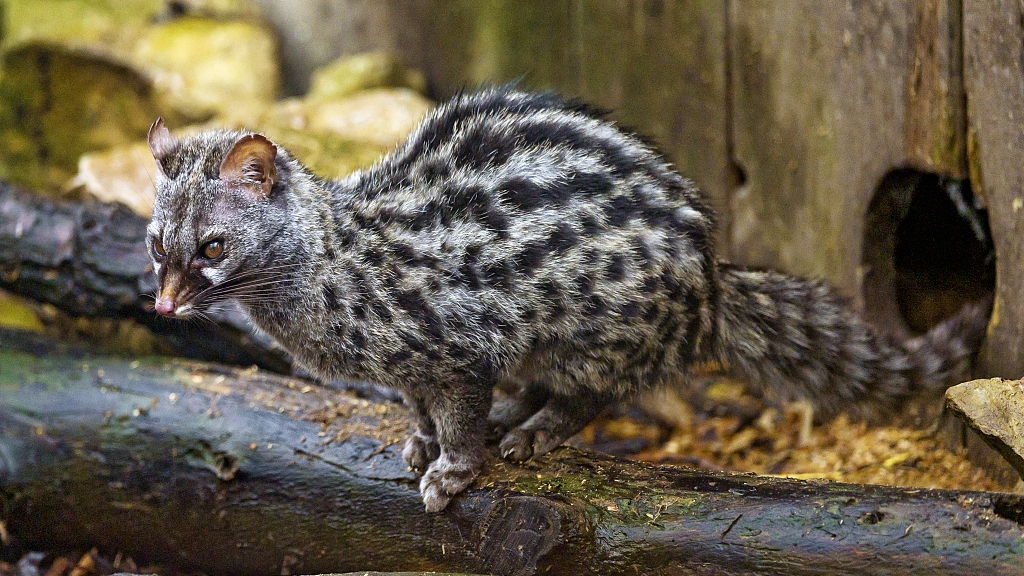
The secretion of civets can be used as a material for making perfume. /VCG Photo
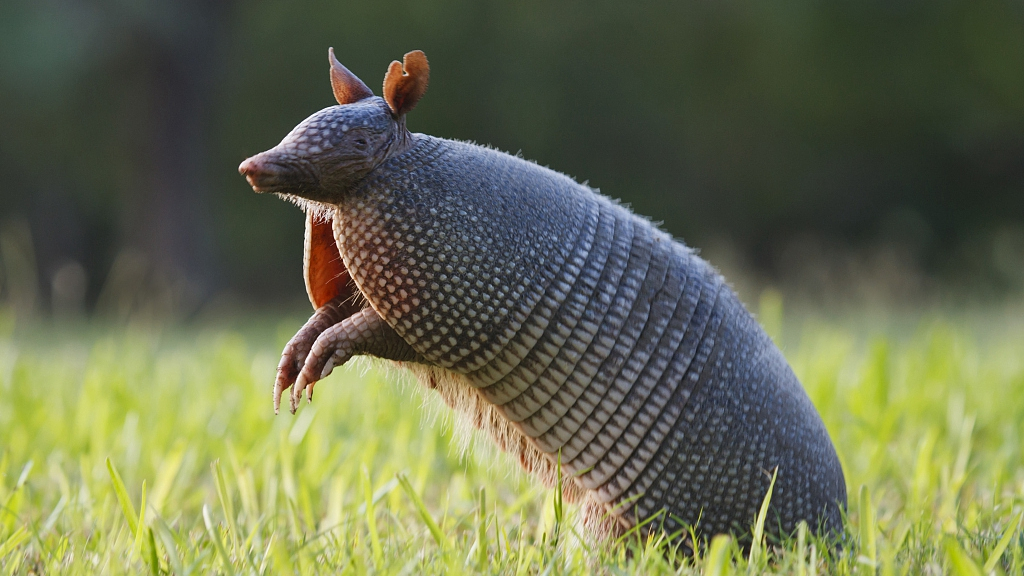
The nine-banded armadillo. "Armadillo" means "little armored one" in Spanish, referring to the armor-like bony plates covering its body. /VCG Photo
Shanghai Wild Animal Park has recently started offering night tours until 9 p.m.
Besides owls and vampire bats, there are many other fantastic animals that prefer living in the dark.
Although some are predominantly nocturnal, others only move at night.
(Cover image: Famous for its vibrant and shocking color, the red-eyed tree-frog may overstimulate a predator's eyes and create confusion by leaving behind a ghost-like image as it escapes. /VCG Photo)
(If you want to contribute and have specific expertise, please contact us at nature@cgtn.com.)

Copyright © 2018 CGTN. Beijing ICP prepared NO.16065310-3
Copyright © 2018 CGTN. Beijing ICP prepared NO.16065310-3